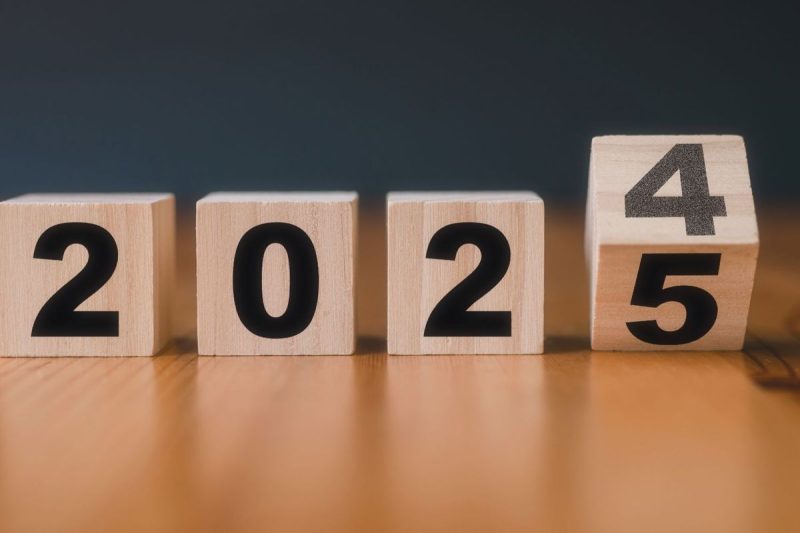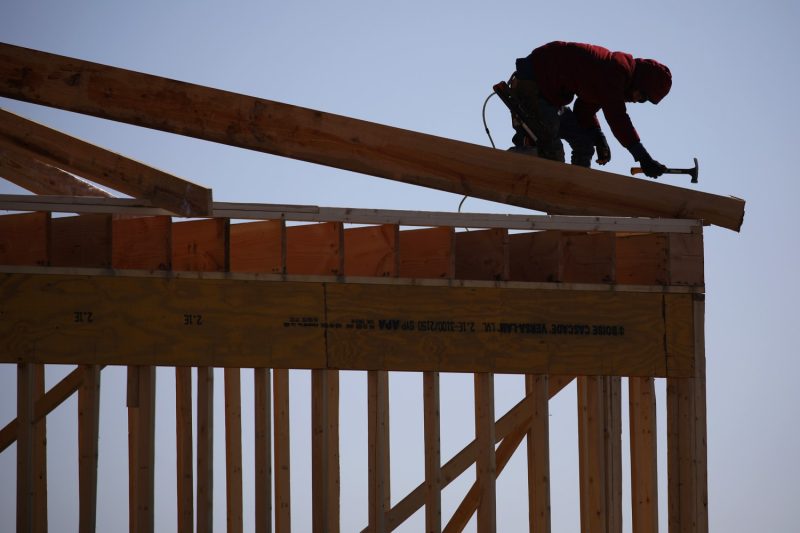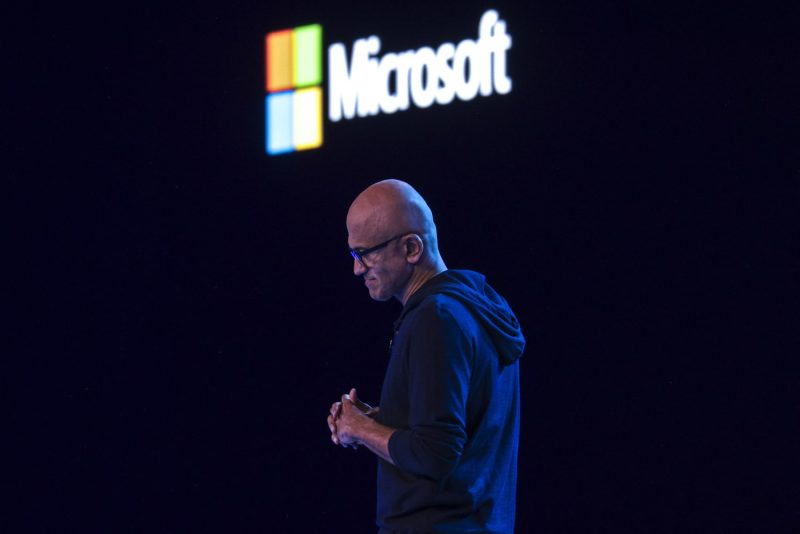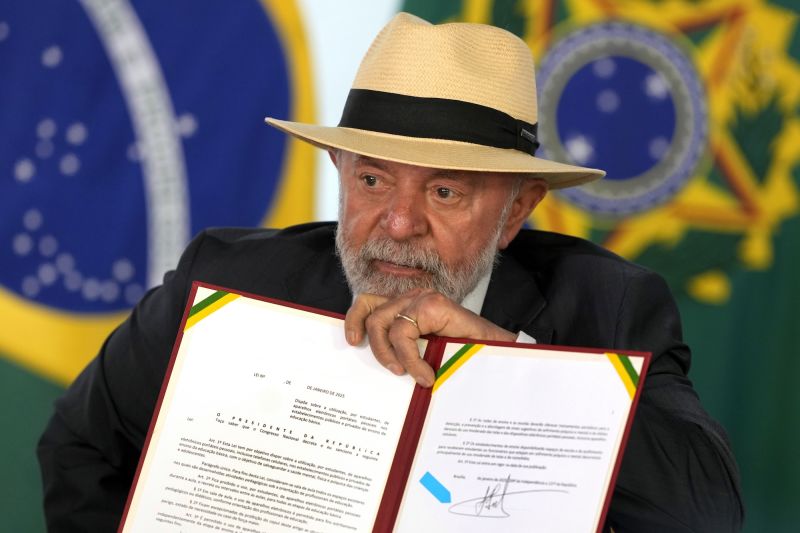

Rare earths prices saw some gains in May 2024, fueled by positive sentiment over consumer demand in China.
While both dysprosium (Dy) and neodymium-praseodymium (NdPr) oxides benefited from this positivity, Benchmark Mineral Intelligence notes that Dy oxides registered the largest gain, moving 10 percent high month-on-month.
“This was the first-time rare earths prices had recovered after a continuous decline (in 2023), but after a brief recovery, prices are now falling again,” Benchmark pricing and data analyst George Ingall said in a May report.
The move for Dy oxides was more pronounced as the market is smaller. NdPr oxide was up a more moderate 0.6 percent.
Muted demand has weighed on prices, but year-on-year increases in mine supply have also capped price growth.
Global rare earths output has rapidly risen from 240,000 metric tons in 2020 to 350,000 metric tons in 2023, according to US Geological Survey data. The lion’s share of rare earth production continues to be dominated by China, a factor that remains relevant for the industry as the Asian nation continues to flex its control.
East vs. west divide still key for rare earths
Rare earths, which are essential in various high-tech applications, including electric vehicles (EVs), wind turbines and electronics, have become a political pawn between the east and west.
Currently, China and the US are locked in a geopolitical struggle over rare earths, with tensions mounting.
In late 2023, China imposed bans on exporting technologies for rare earths processing, tightening its grip on the global supply chain. By mid-2024, reports were circulating that the country’s State Council would introduce stricter regulations on domestic rare earths mining, smelting and trading, effective October 1, 2024. The rules would declare rare earth resources state-owned and require companies to maintain detailed records in a traceability system.
The US responded with tariffs on Chinese EVs and critical minerals, aiming to counter China’s dominance while bolstering domestic production. These measures underscore escalating tensions, with both nations prioritizing strategic control over rare earths amid growing demand for green technologies and national security needs.
“There is a potential fork in the path regarding critical materials, more broadly, and rare earths, in particular, when it comes to overall trade strategy between western nations and China,” he said via email.
“By my calculations, if we maintain an integrated trade structure, then, together, we will probably be able to provide sufficient quantities of both NdPr and DyTb (dysprosium-terbium) to achieve our goals in both the automotive and clean energy sectors; NdPr is easy, DyTb is harder, but it can be done.”
However, if western nations decide they want to exclude China they will face shortfalls.
“If we decide to go our own way in the west, then we can likely deliver enough NdPr to do what we need to do. (But) we are unlikely to make enough DyTb to enable the intended use of all that NdPr,’ he noted.
Hykawy also took aim at governments not recognizing the increasing importance of DyTb.
“At present, there is some noise and support for ‘rare earths,’ but no one in government seems to understand that the critical materials out of the lanthanide elements is shifting from NdPr to DyTb. Without that realization, the steps that are being taken are not mitigating the correct risks,” he said.
Ex-China rare earths supply in the works
To combat China’s hold on the rare earths sector, the US is heavily investing in the space.
In April 2024, the US Department of Energy earmarked US$17.5 million for four rare earths and critical minerals and materials processing technologies using coal and coal by-products as feedstocks.
“In addition, the US government has provided financing for rare earth processing facilities under development by existing rare earth producers to be located in the US, along with NdFeB (neodymium-iron-boron) magnet production facilities.”
To bolster domestic magnet production against Chinese competition, the US government plans to impose a 25 percent tariff on NdFeB magnet imports from China starting in 2026.
However, since most NdFeB magnets are already embedded in components imported by US manufacturers, the tariff is expected to affect only a small fraction of the country’s overall NdFeB magnet consumption, Merriman said.
As the US looks to build out a domestic rare earths supply chain, China has sought to fortify its own.
“China has also taken action to reduce supply chain risk for rare earths, both at the sourcing of feedstocks and the downstream finished product stage,” he said. “China via state-owned companies has invested in several foreign rare earth operations to diversify the origin of rare earth feedstocks, particularly for heavy rare earth rich feeds.”
As Merriman pointed out, the diversification has been propelled by sourcing issues in 2024.
“The risk of China’s current feedstock sources has been highlighted in 2024 with disruption to feedstock supplies from Myanmar, which accounted for >40 percent of global mine supply of dysprosium and terbium,” he said.
In October, rare earths supply was interrupted when Myanmar’s Kachin Independence Army seized Panwa, a key rare earths mining hub, following the earlier capture of Chipwe.
The two towns in Kachin state, near China’s Yunnan province, are critical suppliers of rare earth oxides to China.
“Chinese imports of raw materials from Myanmar were 40,000 tonnes during the first nine months of 2024,” If that production drops out, there will be a big impact on (heavy) rare earth prices,” Thomas Kruemmer, founder of the Rare Earths Observer, told Fastmarkets.
Rare earths project pipeline facing fragility
Depressed prices through 2023 have weighed on explorers and developers as new projects are financially unviable.
“There are several projects which are at advanced stages of development, though few are able to compete on a cost basis with fully integrated and state-owned operators in China,” said Merriman.
“Financing, metallurgical test work and the development of a sizable terminal market outside of China for semi-refined rare earth products are all barriers to the development of several rare earth projects.”
Weak markets are often fertile ground for M&A and deals, and 2024 saw some notable ones.
In June, Astron (ASX:ATR) and Energy Fuels (TSX:EFR,NYSEAMERICAN:UUUU) completed the establishment of a joint venture to advance the Australia-based Donald rare earths and mineral sands project.
Since the agreement was penned, development activities at Donald have progressed, including work related to process plant engineering, auxiliary infrastructure, contract tendering and permitting and approvals.
In September, Defense Metals (TSXV:DEFN,OTCQB:DFMTF) signed a memorandum of understanding with the Saskatchewan Research Council (SRC) to support the development of a domestic rare earths supply chain.
Defense Metals and the SRC will explore collaborations on rare earth processing and supply, including using SRC’s proprietary separation technology for Defense Metals’ products. They aim to negotiate a long-term supply agreement as Defense Metals advances its Wicheeda rare earths project in BC, Canada.
As the year drew to a close, Ucore Rare Metals (TSXV:UCU,OTCQX:UURAF) received a US$1.8 million payment from the US Department of Defense on December 13. The funding will support Ucore’s subsidiary, Innovation Metals, in demonstrating its RapidSX rare earths separation technology at a commercial demonstration facility in Kingston, Ontario.
What factors will affect rare earths in 2025?
In 2025, Merriman sees China’s continued rare earths dominance as a key driver for the sector.
“China maintains a strong influence over rare earth pricing, with most international prices for rare-earth trades being based in some way upon Chinese domestic pricing. China has long sought price stability for key rare earths, allowing downstream value add industries to benefit from reliable and often lower feedstock prices,’ he said.
For Hykawy, precarious supply outside of China and weak prices will be a focal point in 2025.
‘Obviously, we’ve seen significant price drops for Nd, for example,’ he said.
‘That helps the auto sector, but only by the slightest amount. Let’s say there is 2 kilograms of magnet in a main motor in an EV, and I’m likely overestimating. Only 27 percent of that is neodymium metal. The impact of the price change on 500 grams of rare earth is not moving the needle on an EV’s cost,’ Hykawy added.
He also expressed concern about the supply chain for heavy rare earths. “The bigger, long-term impact I am thinking about is, as Dy and Tb production becomes a bottleneck, how does the industry adjust to a world where the projects that can produce enough Dy and Tb are also making Nd and Pr as a by-product?” he posited.
‘To meet the growing demand for heavy rare earths, do the major NdPr producers, like Lynas Rare Earths (ASX:LYC,OTC Pink:LYSCF), MP Materials (NYSE:MP) and the Bayan Obo mine, drop their NdPr output to maintain reasonable prices, or do they keep going and flood the market and drop their own prices to unsustainable levels,’ he questioned.
“For some time, NdPr have been the materials in demand. Soon, they might be valuable but overproduced commodities, with everyone scrambling to get the right amount of DyTb for their automotive or wind application.”
Securities Disclosure: I, Georgia Williams, hold no direct investment interest in any company mentioned in this article.
This post appeared first on investingnews.com






















